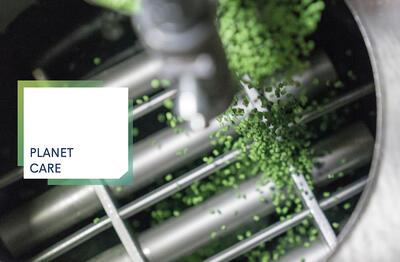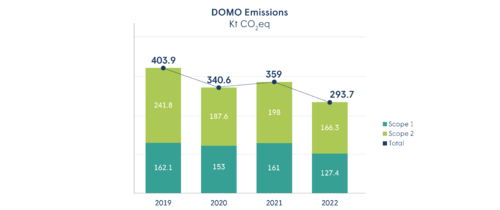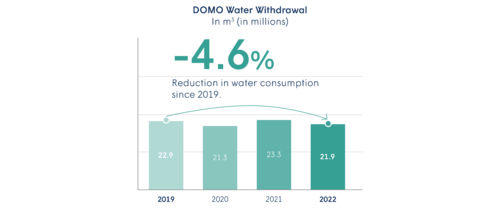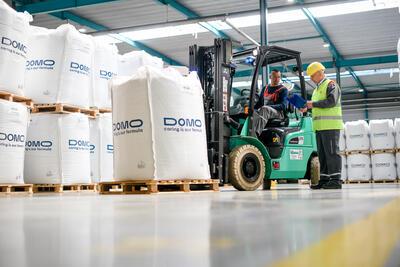Partnering for Low-Carbon Hydrogen
By doing so, the traditionally "gray", fossil fuel-based hydrogen used by our site will be replaced by "green", renewable hydrogen. Ultimately, the project’s goal is to initiate the supply of hexamethylene diamine production (a key component in plastic production) with low carbon hydrogen by 2027, aiming at reaching 100% low carbon hydrogen production by 2030.





